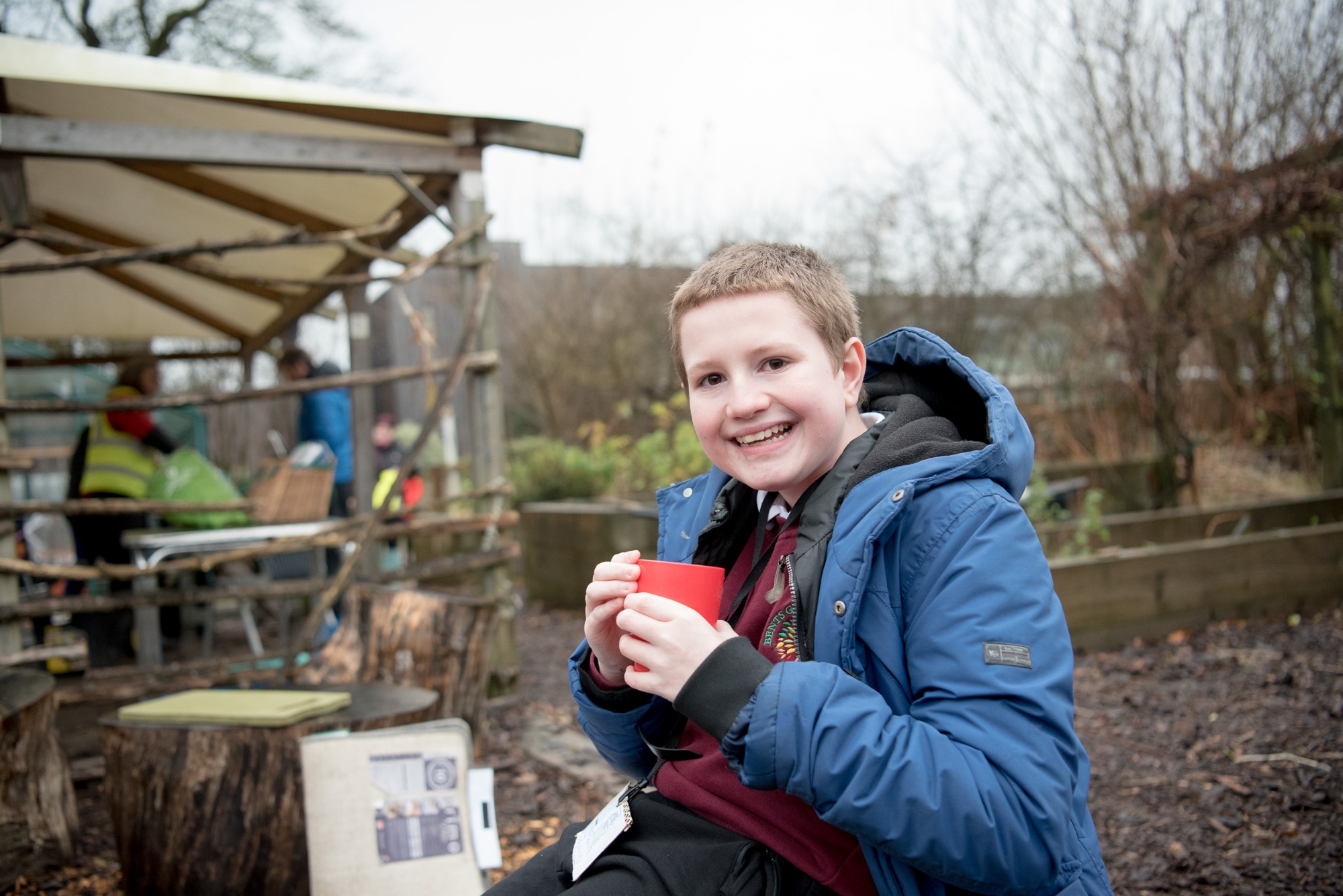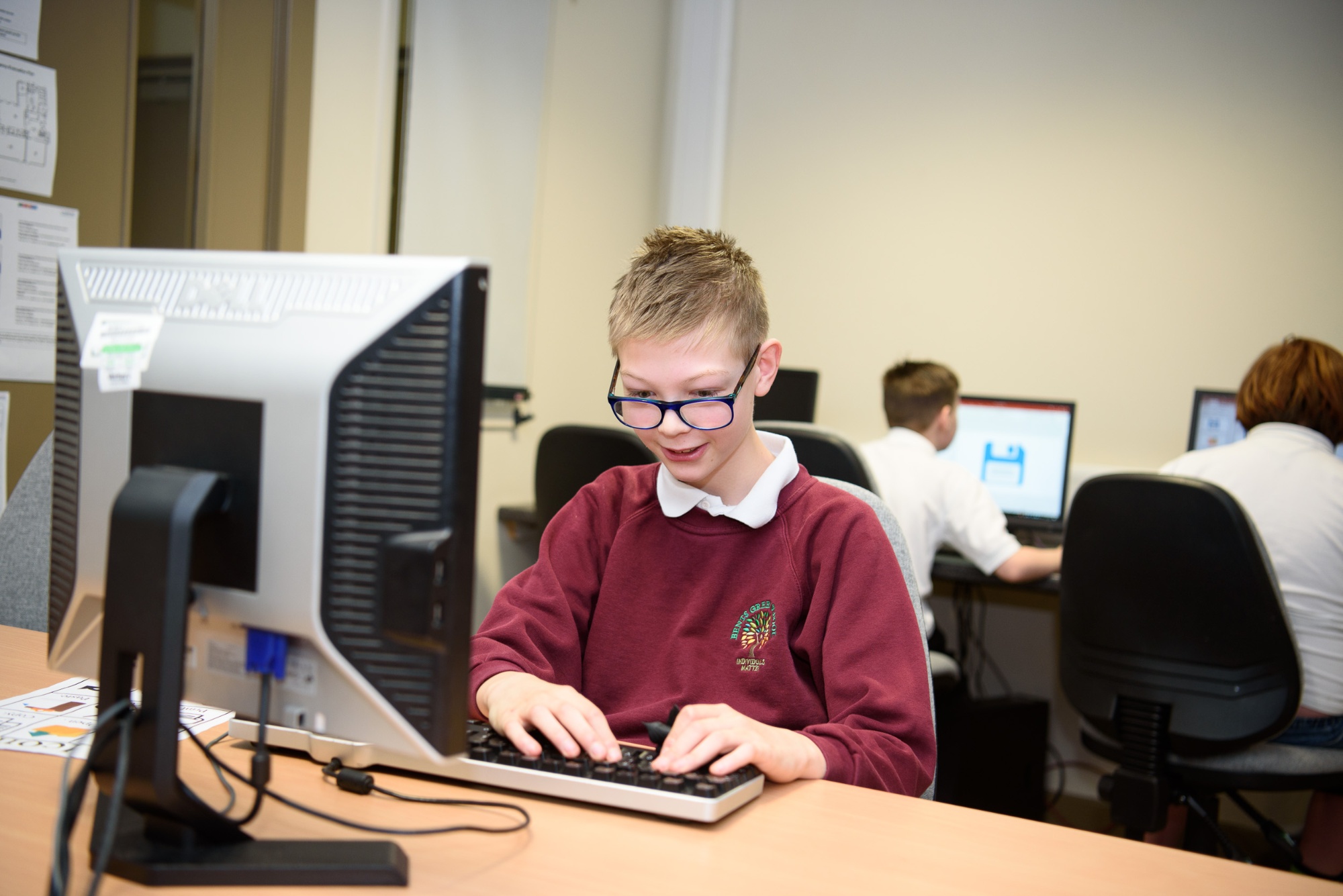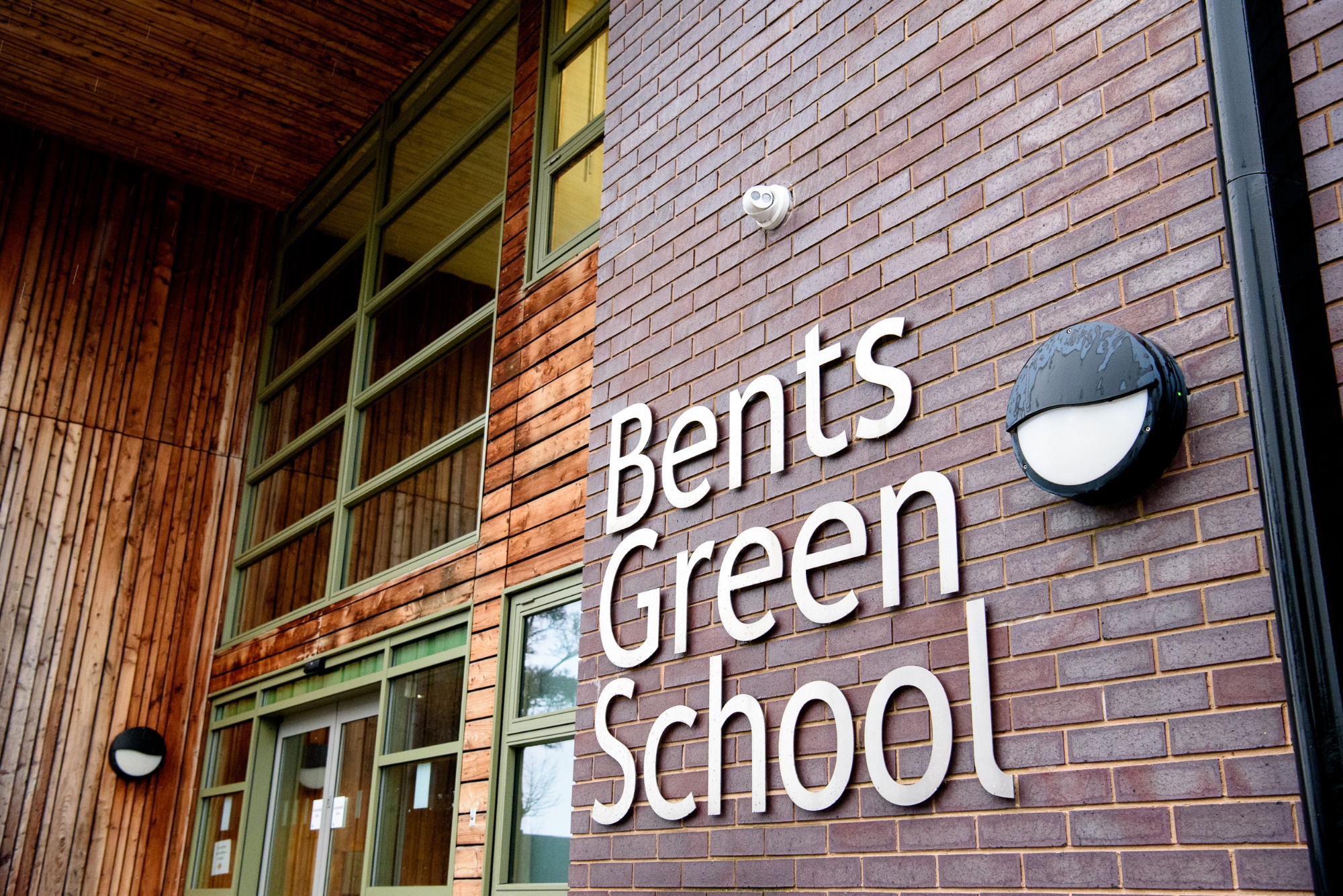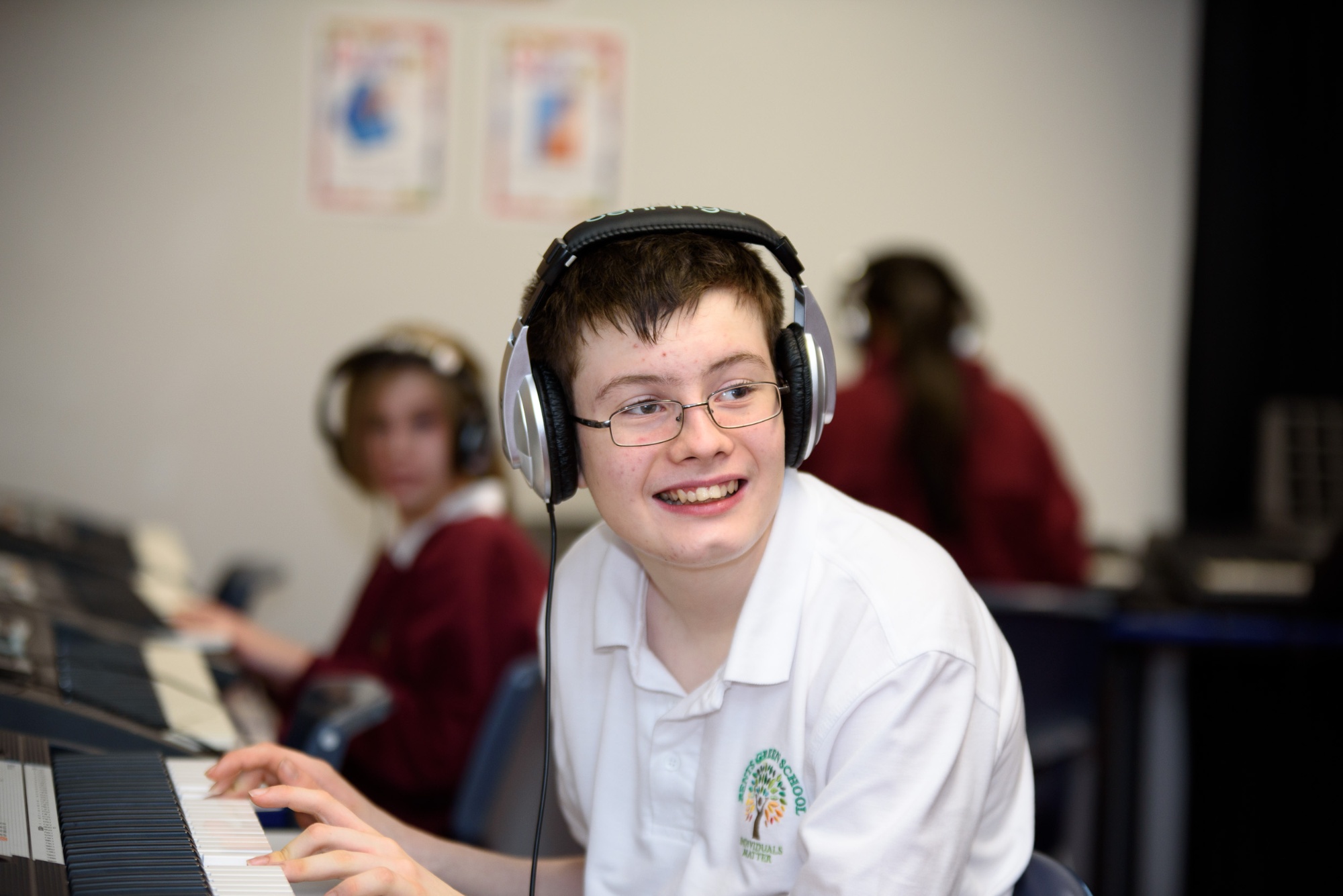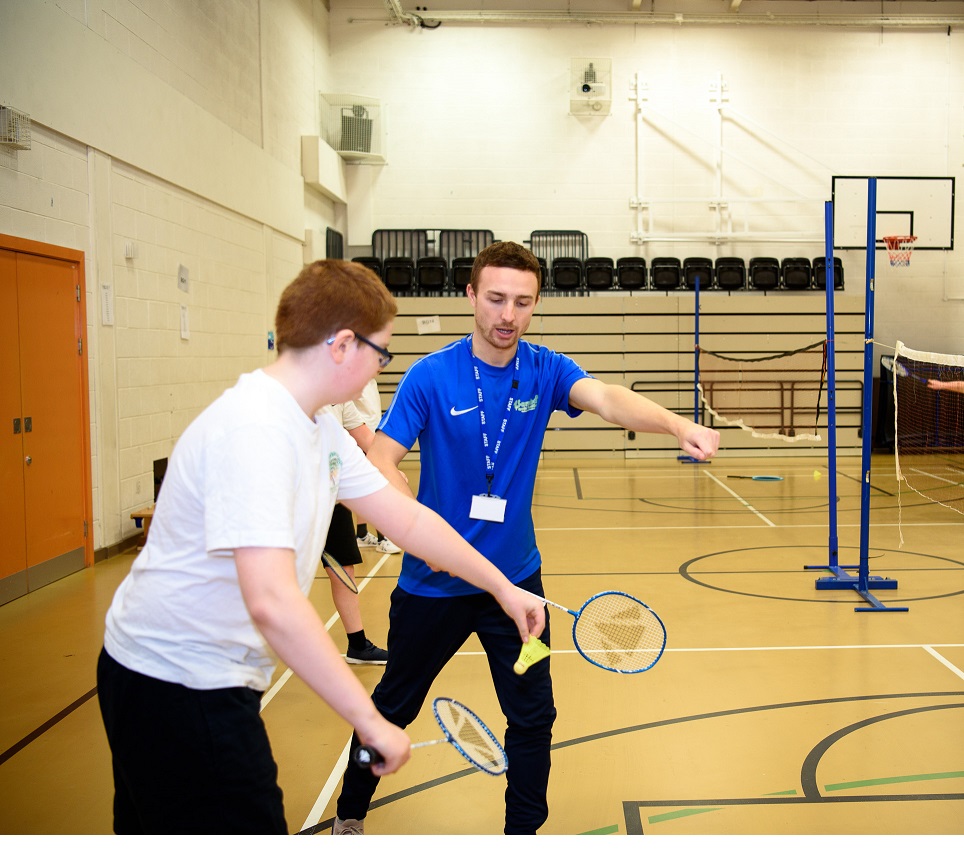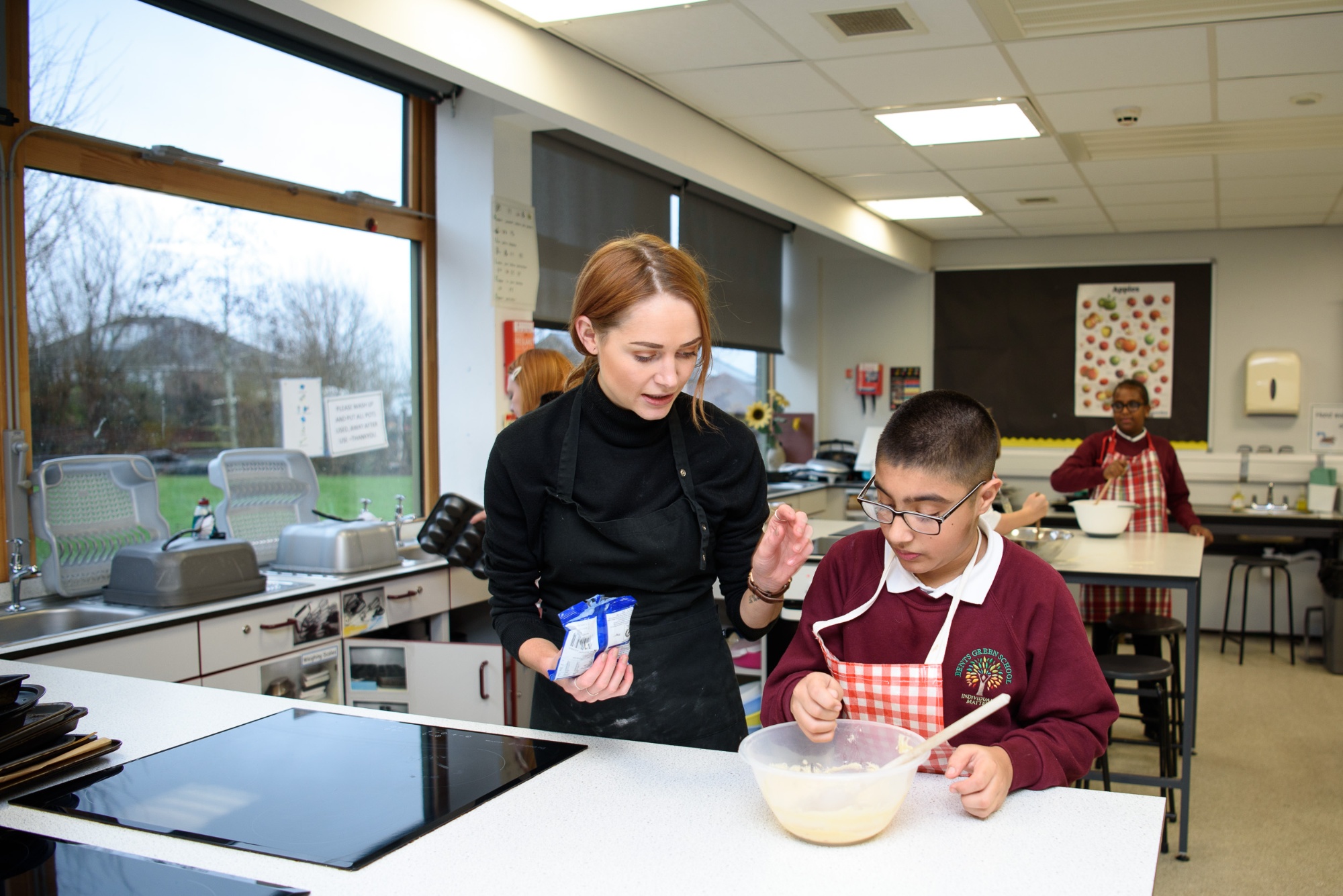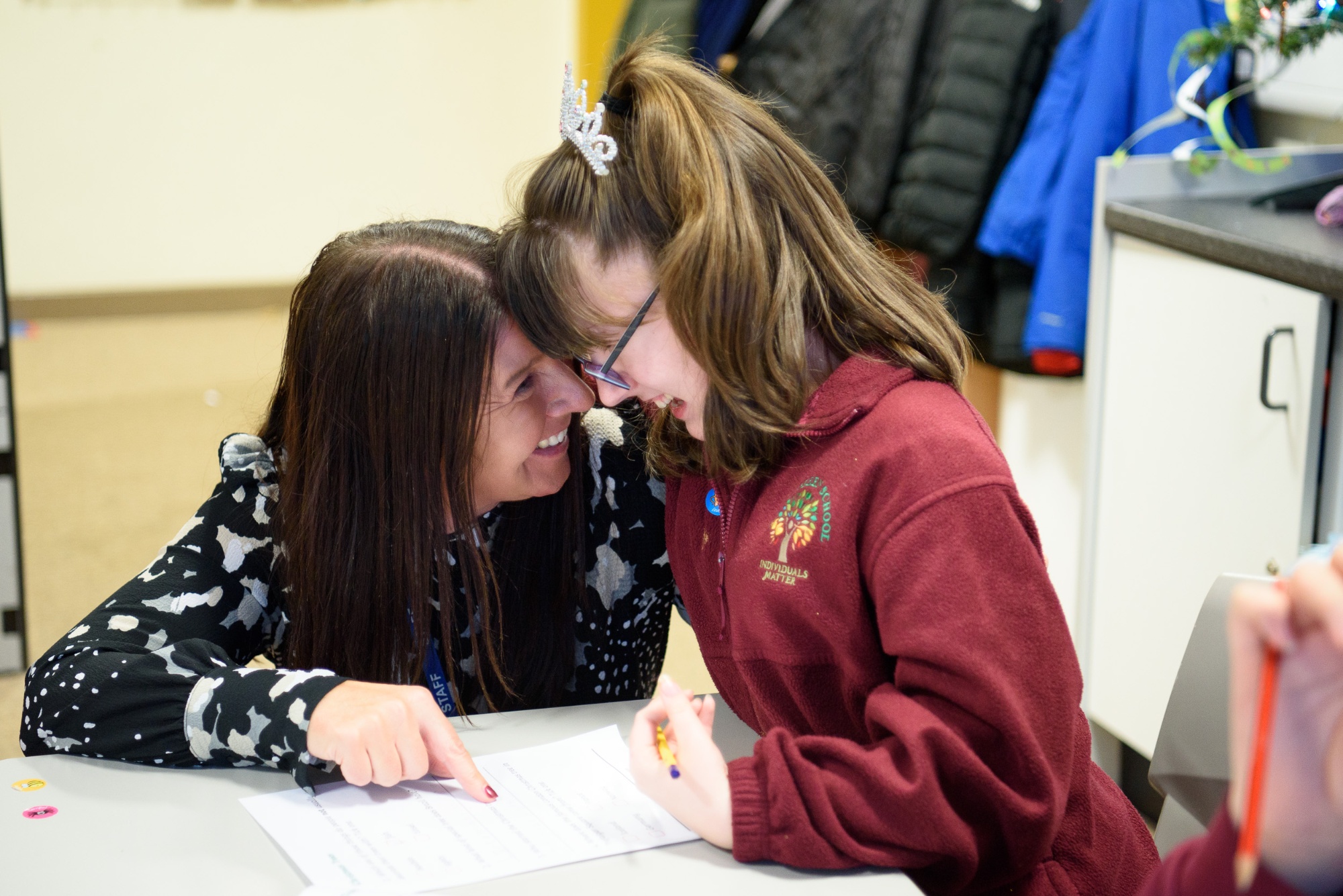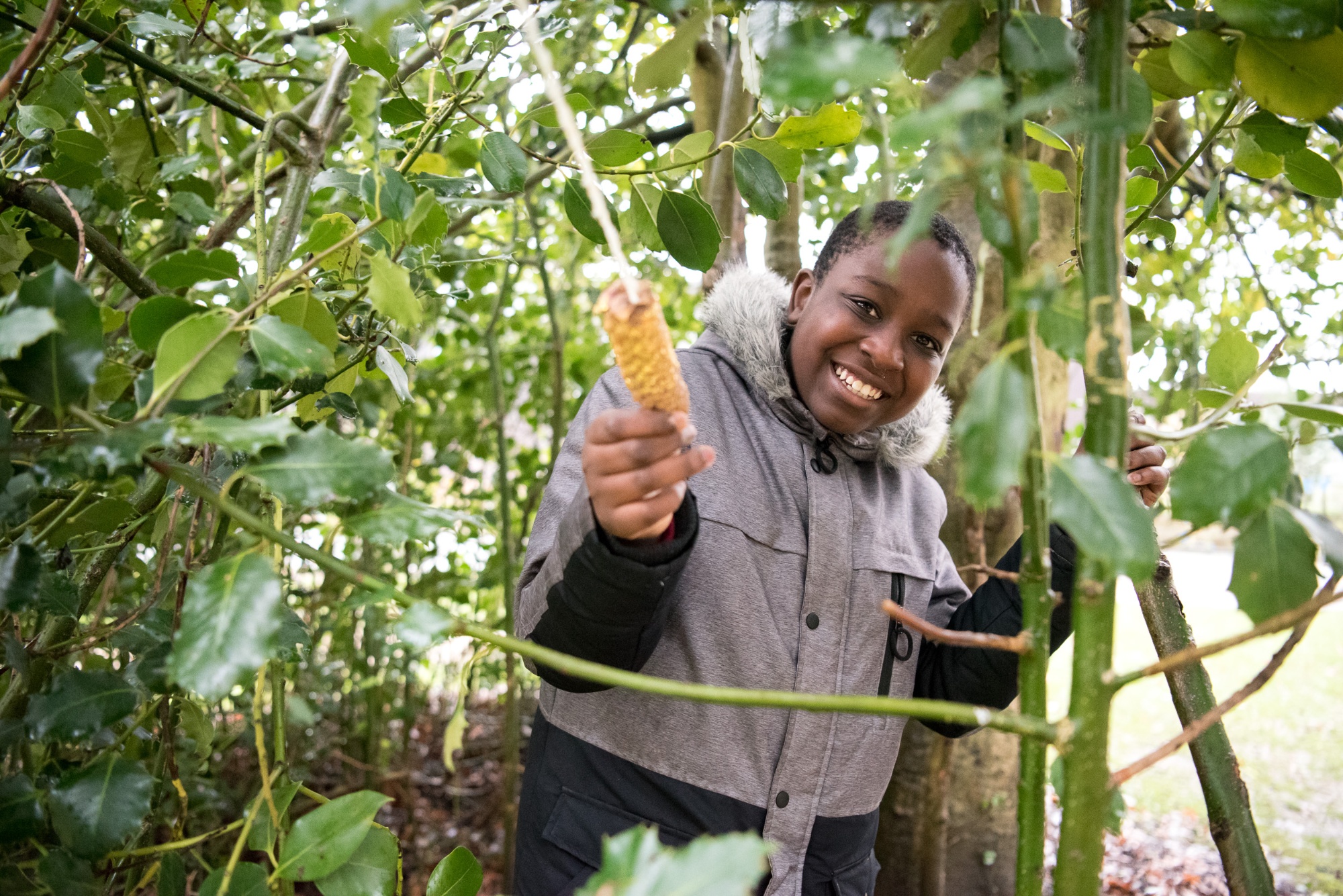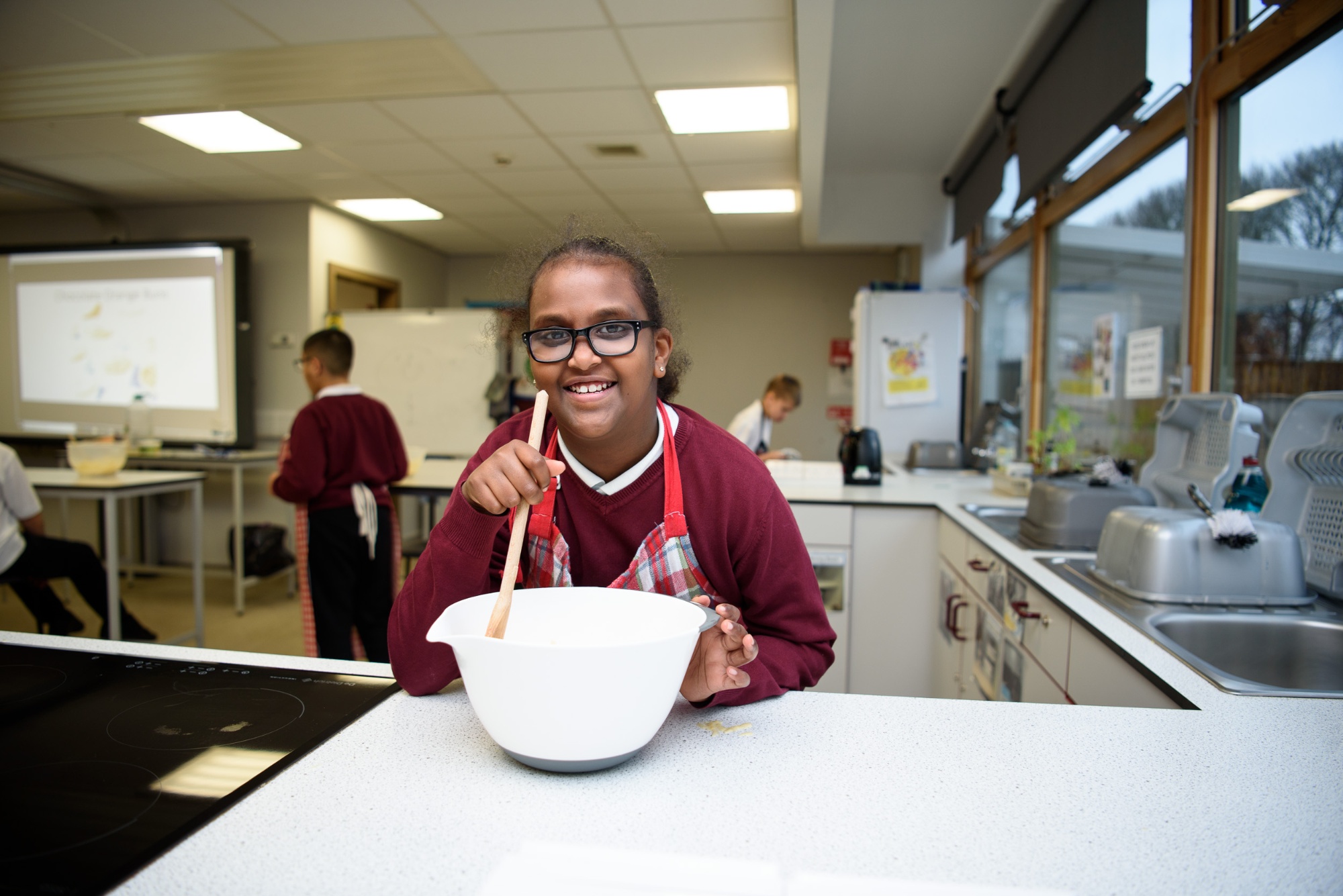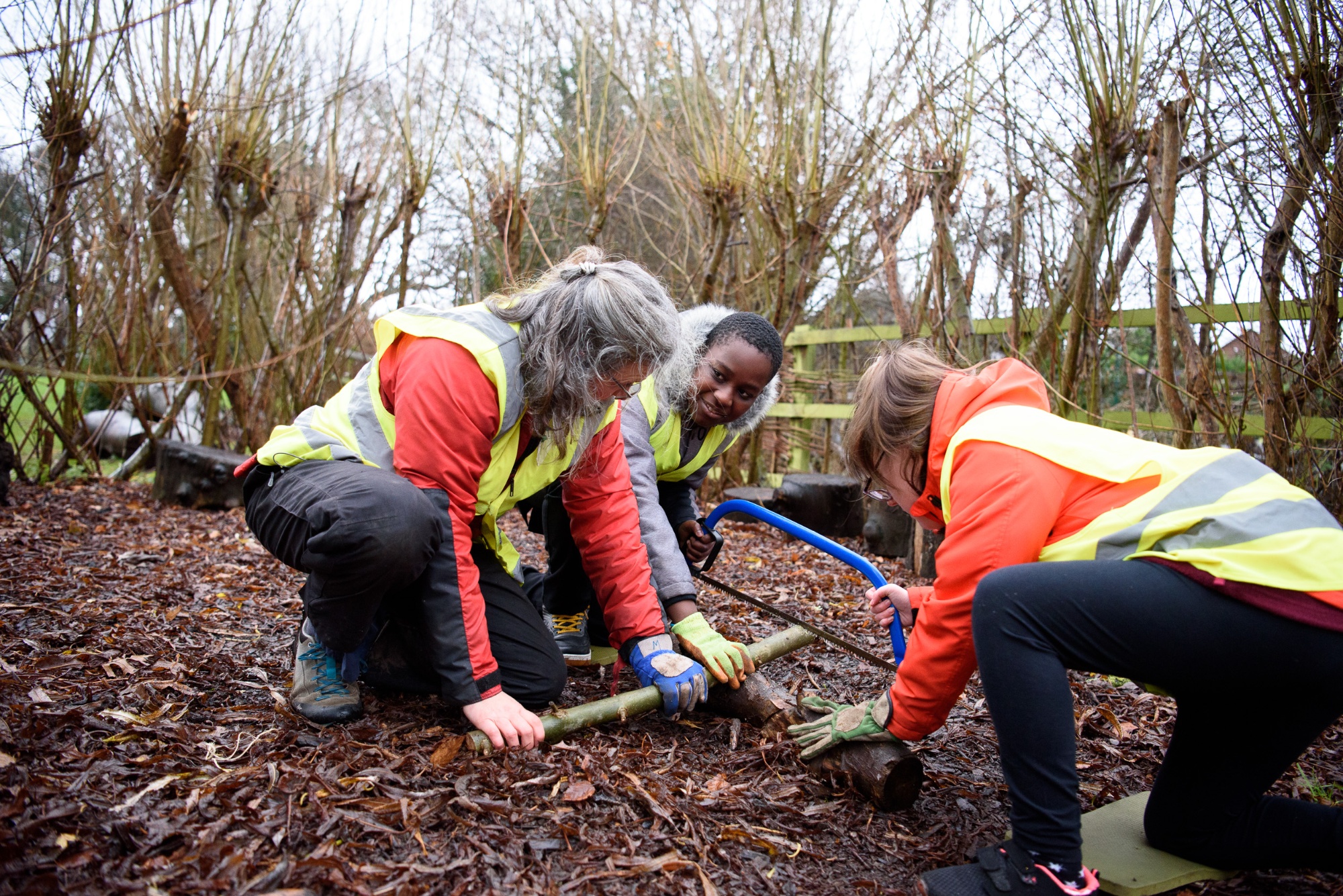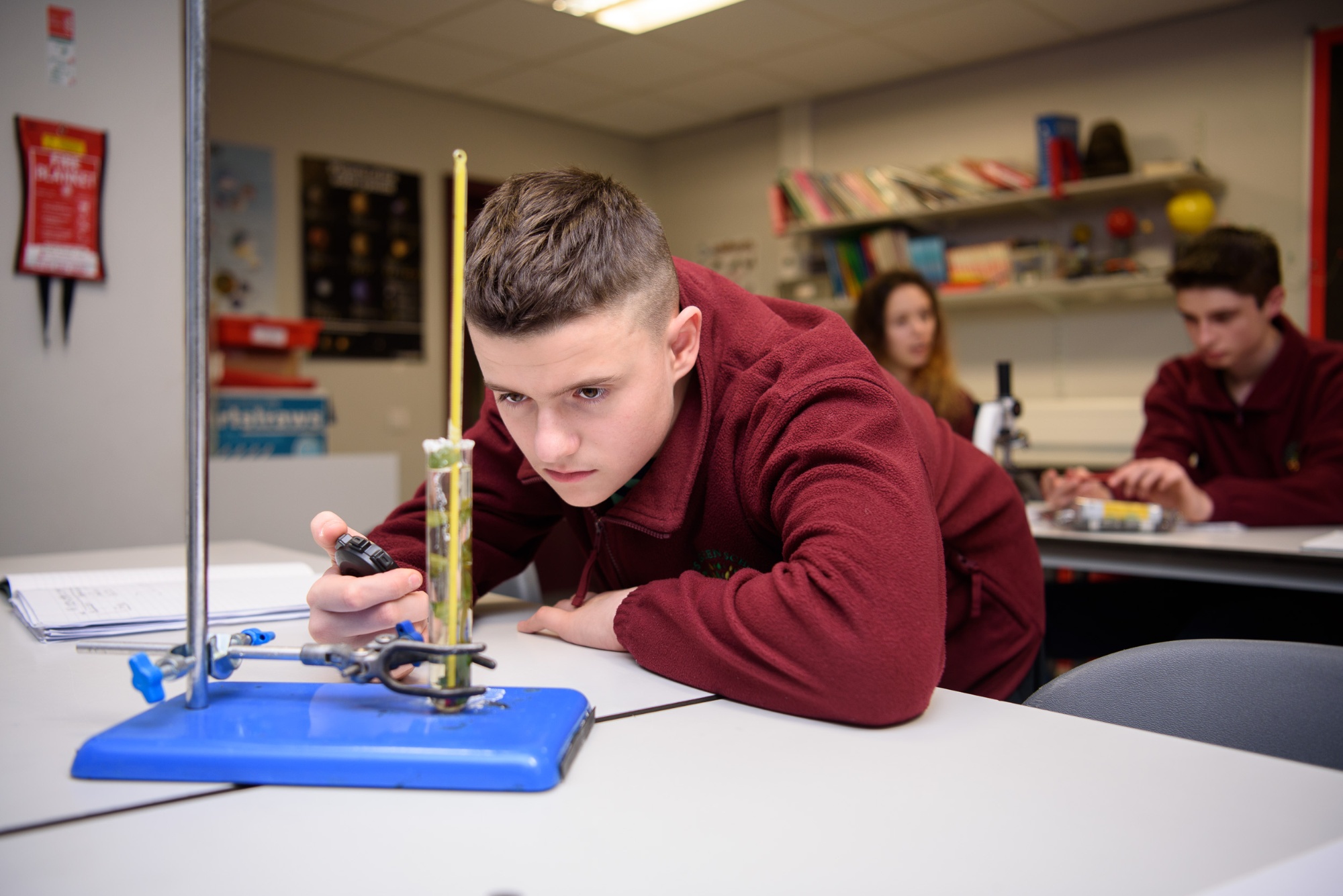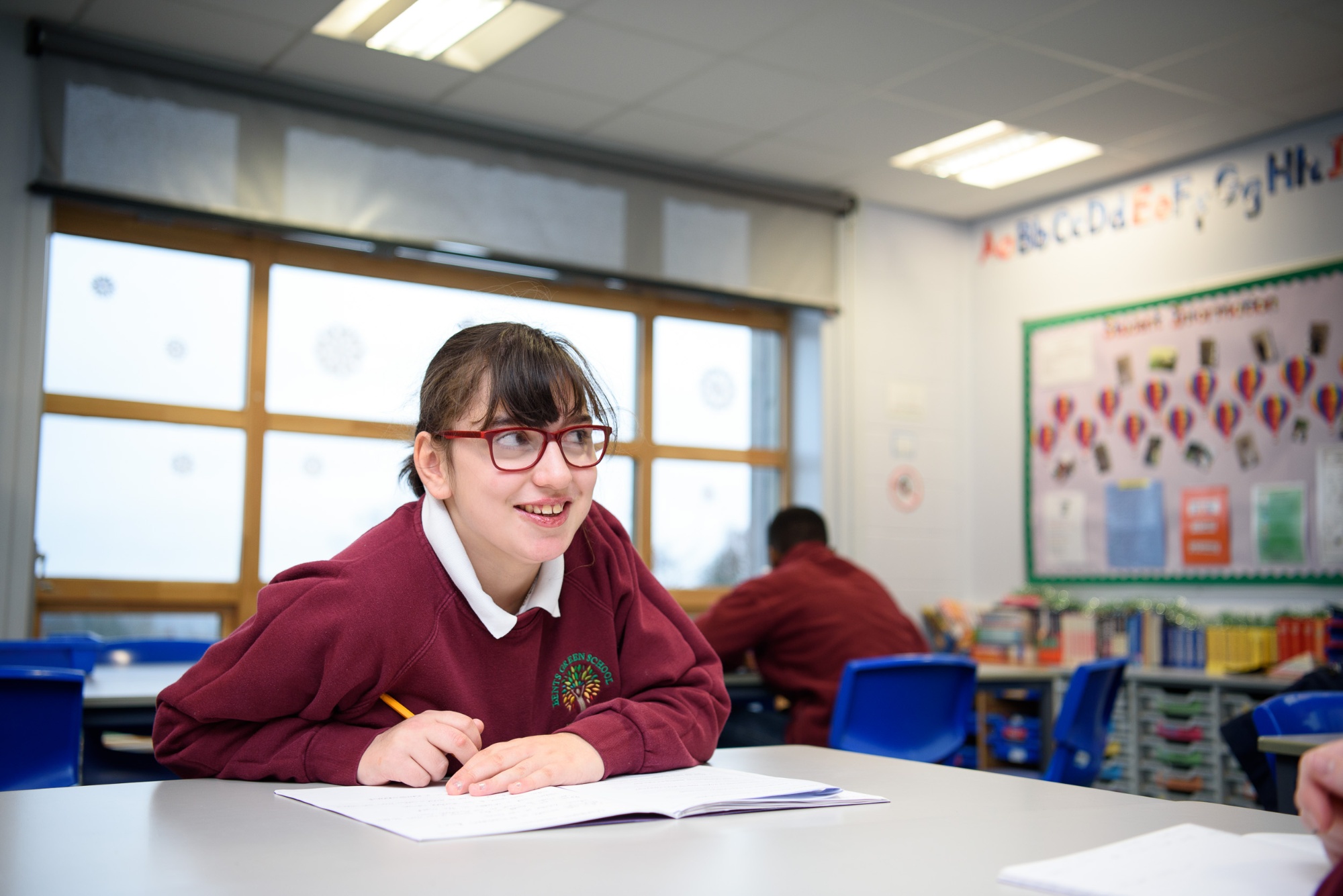Fundamental British Values at Bents Green School
The Department for Education defines British Values as follows:
“To create and enforce a clear and rigorous expectation on all schools to promote the fundamental British Values of democracy, the rule of law, individual liberty and mutual respect and tolerance of those with different faiths and beliefs”
We ensure that the fundamental British Values are introduced, discussed and lived out through the ethos and work of the school. All curriculum areas provide a vehicle for furthering understanding of these concepts and, in particular, RE, PSHE and Assemblies provide opportunities to deepen and develop understanding. We encourage our children to be creative, unique, open-minded and independent individuals, respectful of themselves and of others in our school and the wider world. We aim to nurture our children on their journey through life, so they can grow into safe, caring, democratic, responsible and tolerant adults who make a positive difference to British Society and to the world.
Democracy
Democracy is a fundamental part of life at Nexus School. Students have the opportunity to have their voices heard through our School Council and Student Questionnaires. Students also have the opportunity to develop their understanding of the democratic process when working together in class activities.
Examples: School council elections, School Council decision-making, National Citizenship Service, In-class voting, Personal and Social Development Units, Chosen Charities
The Rule of Law
The importance of Laws, whether they be those that govern the class, the school, or the country, are consistently reinforced throughout regular school days, as well as when dealing with behaviour and where appropriate through school assemblies. Students are taught the value and reasons behind laws, that they govern and protect us, the responsibilities that this involves and the consequences when laws are broken. We undertake reflection and restorative practice to support students in repairing relationships.
Examples: ICT Safer Internet Day, World of Work Day, Reflection, School rules, Policies, Sport, Links with the local police, Restorative practice.
Individual Liberty
Within school, students are actively encouraged to make choices, knowing that they are in a safe and supportive environment. As a school we educate and provide boundaries for young students to make choices safely, through the provision of a safe environment and empowering education. Students are encouraged to know, understand and exercise their rights and personal freedoms and advise how to exercise these safely and responsibly. Students are included in the choices that they make through identifying challenge in their learning, understanding how their behaviour affects those around them.
Examples: ASDAN challenges, Selecting rewards, Lunchtime clubs, Travel skills, Careers, Lunchtime choices
Mutual Respect and Tolerance
One of Bents Green’s core values is Respect for oneself and others. We promote respect and reiterate this value through our classroom rules, as well as our behaviour policy. We support our students learning and understanding of diversity, tolerance and acceptance throughout our curriculum. We share knowledge of and celebrate different faiths and religion via our RE curriculum and through Assemblies.
Examples: School values, Multi-faith Assemblies, PSHE - Respectful Relationships, Rewards Assemblies, Educational visits to places of worship, ENABLE, National Citizenship Service, Volunteering, Trauma Informed Practice

